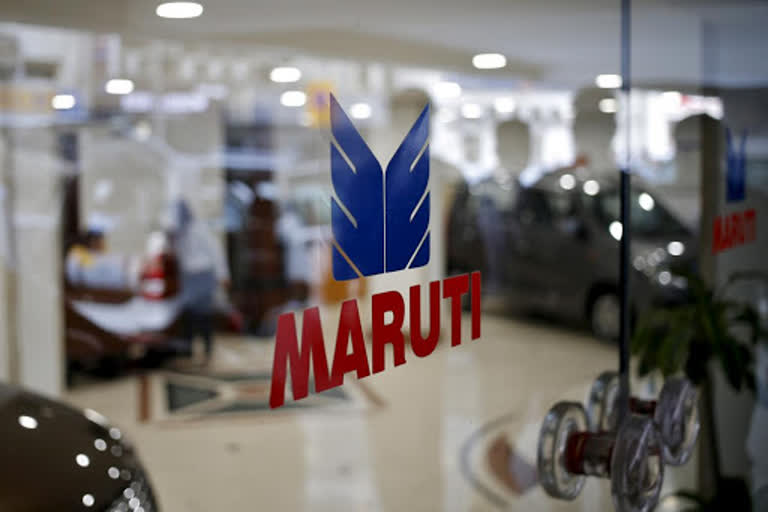New Delhi: Car market leader Maruti Suzuki India on Thursday said it will not commercially launch an electric car, which it has been testing, for personal use next year, citing lack of infrastructure and government support.
The company, which had earlier announced plans to launch electric car based on WagonR by 2020, said by next year the vehicle will be "at a stage which can go to the next stage of trials and testing".
"(It is) not going to be launched commercially for public use at the moment. It won't be available for public," Maruti Suzuki India Chairman R C Bhargava told reporters here.
In 2020, he said the "electric WagonR, which has been introduced as a testing vehicle will be at a stage which can go to the next stage of trials and testing. These are not at a stage where they can be sold commercially to individuals. There is no government support for it".
Speaking here at the quarterly results announcement of the company, he said, "Both Suzuki and us, we have a programme going on what to do in this area. As we go along we will keep implementing that programme but don't expect any sudden announcement that now we are putting 1,00,000 EVs on roads."
Even the government's priority on electric vehicles (EVs) has changed and in order to launch such cars successfully for mass consumption there has to be infrastructure as well as support, he added.
"The government's own priority from the time the first announcement on EV was made some 18 months to two years ago, today it has changed substantially.
"Today as far as I have understood they are giving higher priority to electrifying two-wheelers, cars for personal use don't have any priority for them. The FAME scheme doesn't contain subsidy for personal cars," Bhargava said.
"If somebody is going to buy this car without any infrastructure in the country and at a pretty high price because there is no support of any kind, I can launch but what is the purpose?" he asked.
Bhargava also said for electric vehicles to be successfully sold at a mass scale in India, key components have to be made in India.
"If you want to do an EV programme in India, somebody has to manufacture battery in India," he added.
Read more: India needs fresh reforms to be in top 50 nations: WB



